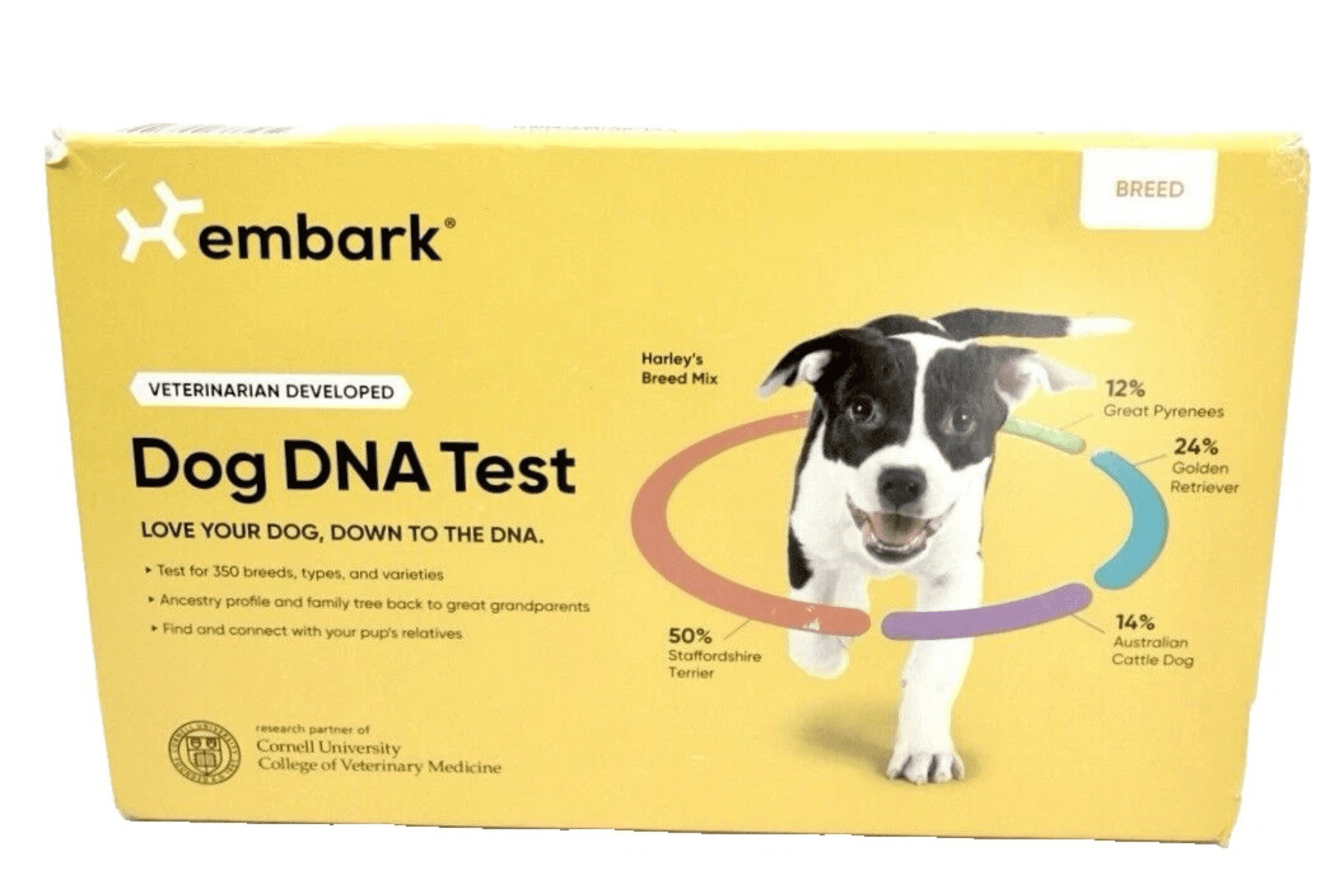Dog DNA test sales have increased exponentially in 2025, with over 3 million tests sold annually—threefold the numbers of just three years prior. From interest in mixed-breed heritage, it has developed into comprehensive health screening and behavioral data that informs everything from training approaches to veterinary care.
Pet owners are paying $75-200 for a test to reveal genetic secrets about their pets. High-tech now provides full-breed makeup, health predispositions, and even personality. Here’s why canine genetic testing is an important tool for modern dog ownership and what you need to know before swabbing your pet.
The Technology Behind Modern Dog DNA Testing
Dog DNA testing has progressed significantly since its introduction, now scanning over 200,000 genetic markers compared to early models that scanned a few thousand. Leading companies like Embark, Wisdom Panel, and Basepaws utilize the most recent sequencing technology created for human genomics.
What current dog DNA tests can easily detect:
- Detect breeds that make up at least 5% of a dog’s ancestry
- 200+ genetic disease conditions and susceptibilities
- Coat color genetics and physical trait predictions
- Inbreeding coefficients and genetic diversity scores
Dr. Ryan Boyko, a co-founder of Embark Veterinary, explains how 2025 tech can identify breeds that contribute less than 12.5% to a dog’s genetic makeup—essentially detecting the contribution of a great-grandparent. Luna, a rescue mix from Texas, surprised her family when, during testing, it was found that she had 23% Chow Chow lineage, which explained her purple tongue as well as independent personality traits not evident in her Labrador-like appearance.
Read More: Why You Should Consider an Elevated Dog Bed
Health Insights That Are Revolutionizing Veterinary Care
The most exciting aspect of high-level specialty canine genetic testing is health screening that allows veterinarians to provide proactive care. Genetic counselors now work with veterinary clinics to interpret complex results and develop specialized health monitoring programs.
Preventive testing for common disease conditions like hip dysplasia, progressive retinal atrophy, dilated cardiomyopathy, and breed-specific drug sensitivities. These tests permit lifestyle change, prevention therapy, and safe breeding
Veterinary geneticist Dr. Michelle White from Cornell observes that genetic predisposition doesn’t always equal disease formation; lifestyle and environmental influences play a significant role in health.
Read More: The 7 Best Dog Shampoos for Itchy Dogs
Popular Brands and What You Get for Your Money
“Embark” leads the market at $199 with the most comprehensive health panel and breed detection database. “Wisdom Panel” offers competitive testing at $99-159, while newer companies like Basepaws focus on health insights at $149.
Budget options from “DNA My Dog” start at $75 but include little health information compared to bigger packages. Most offer easy cheek swabs and report in 2-4 weeks with comprehensive online reports and mobile apps.
Leading brand comparison in 2025:
- Embark: 230+ health tests, 350+ breeds, relative finder feature
- Wisdom Panel: 200+ health tests, 365+ breeds, ancestry timeline
- Basepaws: Health-oriented, 40+ genetic markers, involvement in future research
Deciphering Your Dog’s Genetic Story
Knowing how to interpret dog DNA test results starts with understanding what to expect and what not to expect from genetics. While breed identification is now extremely precise, behavioral predictions are not as precise because environmental influences are too complex. Use results for health monitoring and training plans, but remember that every dog is individual, despite genetic heritage.
Ready to unlock the canine genetic secrets of your furry friend? Research different dog breed testing companies based on your primary interests, and read results with your vet to get care recommendations specific to your situation.
Read More: Pet-Safe Pest Prevention: 10 Eco-Conscious Tips






